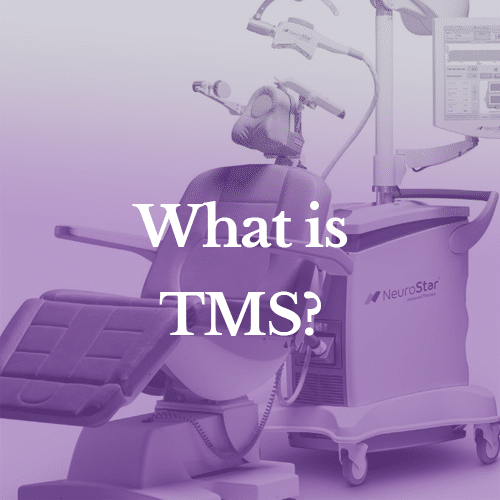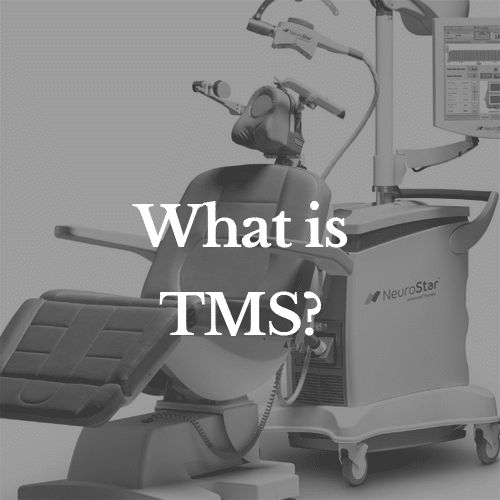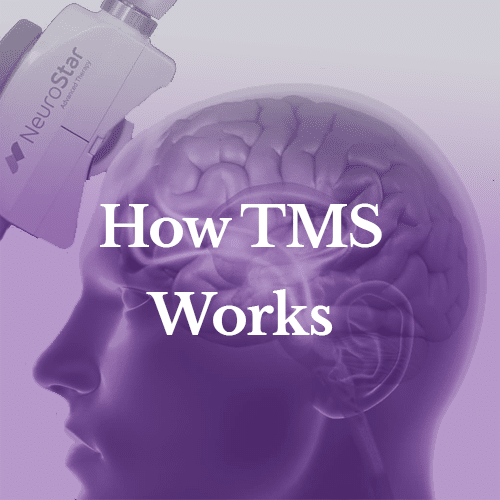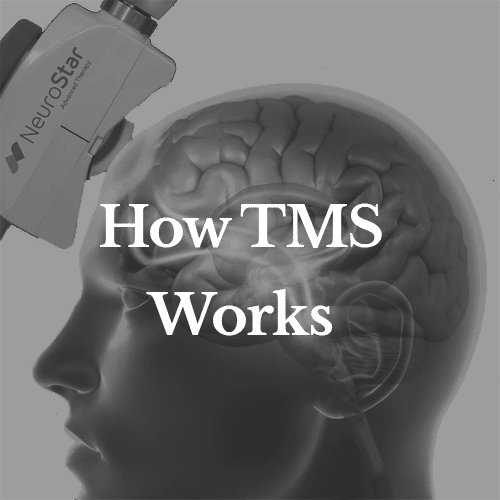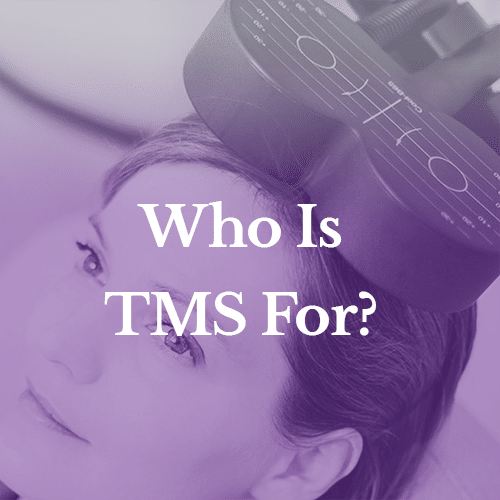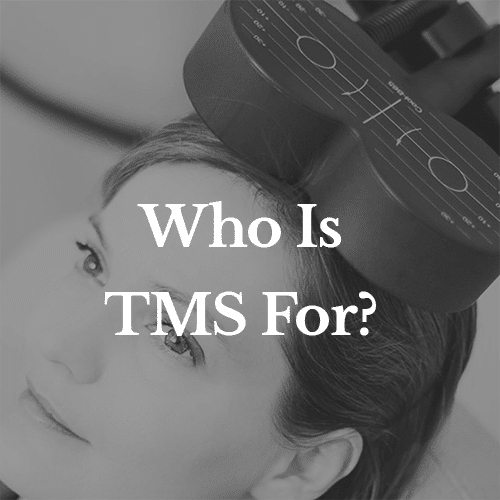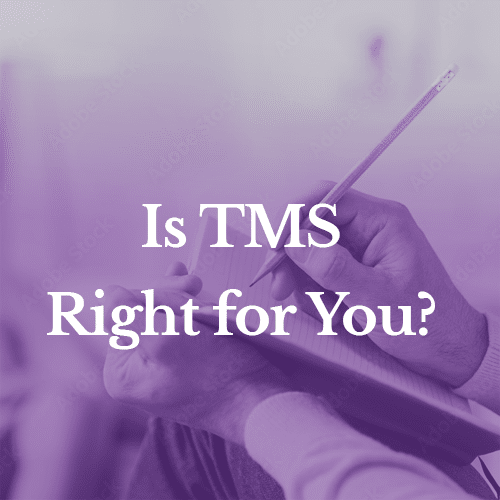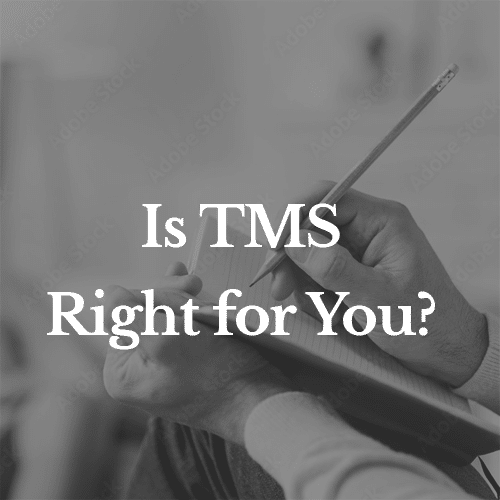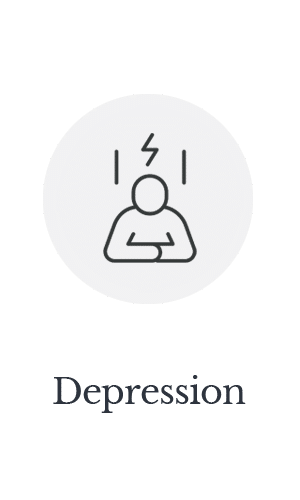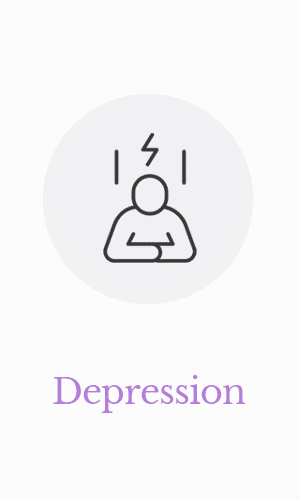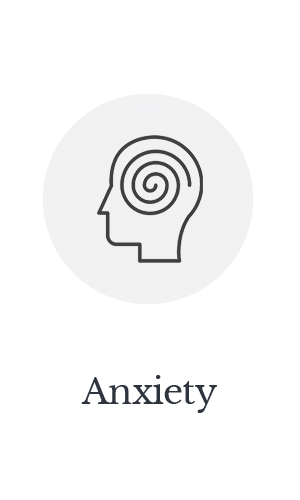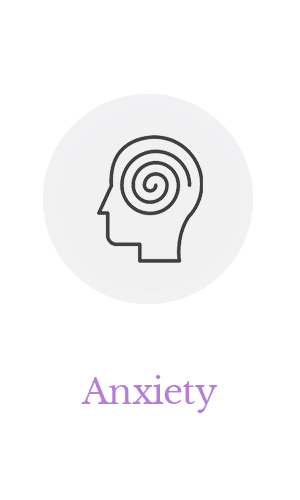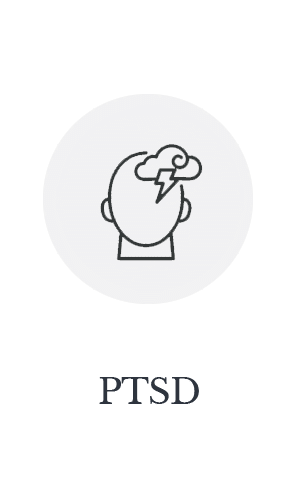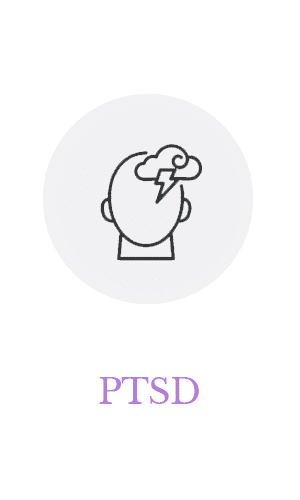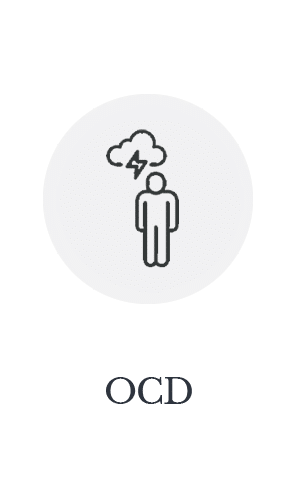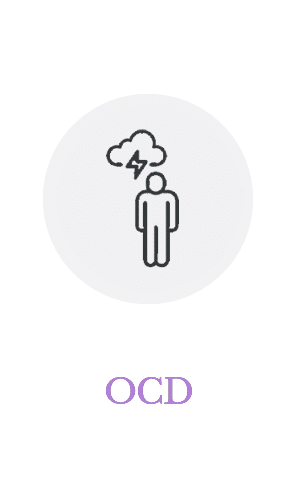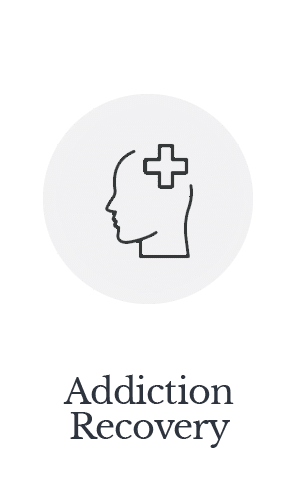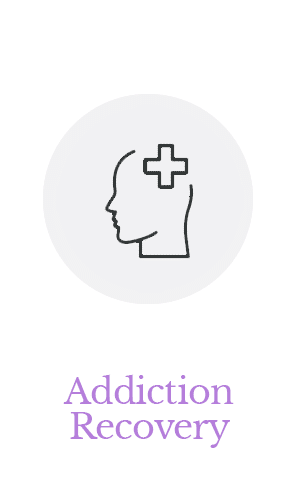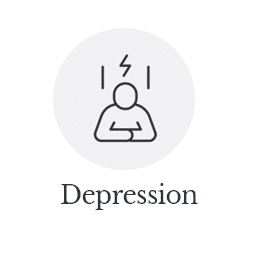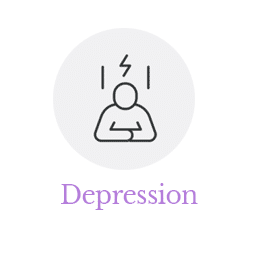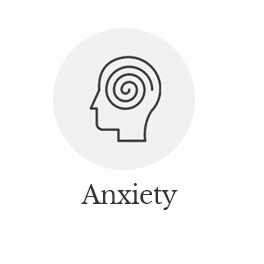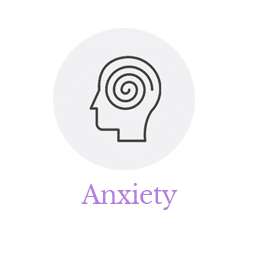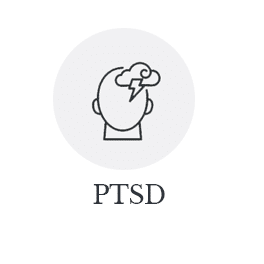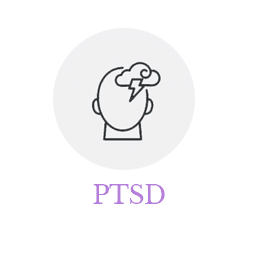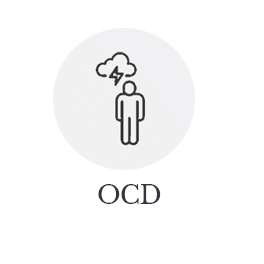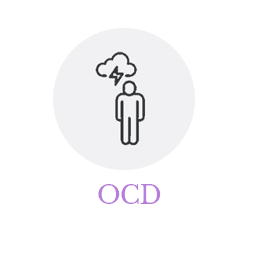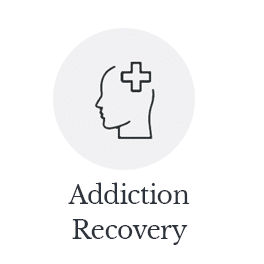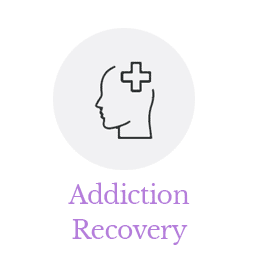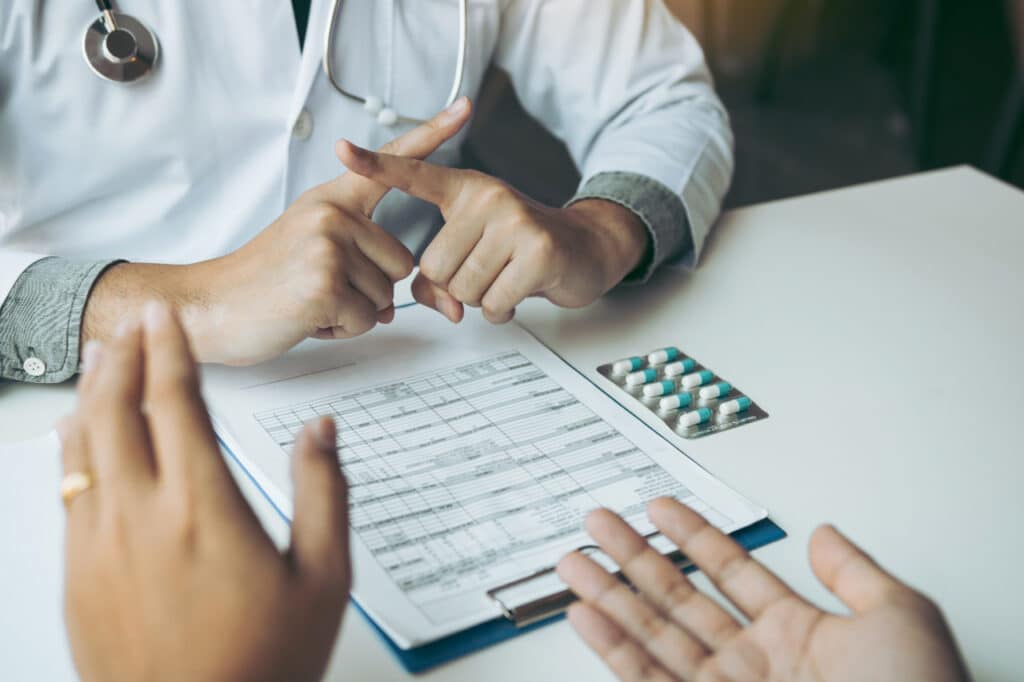More than 280 million people suffer from depression globally. Some people experience the worst depressive cases with mental health conditions that are much harder to treat with antidepressants.
In the wake of the Covid-19 pandemic, researchers have found more effective and proven ways to treat depression. These treatments include Transcranial Magnetic Stimulation (TMS) and Ketamine. Globally, these are the most effective treatments for depression.
However, many people don’t fully understand these medical treatments for depression or how they work to treat depression symptoms.
Treatment-Resistant Depression
Medication alone may not always be enough to manage severe depression, especially with other mental health conditions. Fortunately, patients can now use alternative depression treatments to antidepressant medication therapy when diagnosed with treatment-resistant depression. Treatment-resistant depression can be diagnosed when three or more depression medications have been tried and failed..
TMS therapy for depression has been used clinically to help treatment-resistant patients successfully. This therapy treatment for depression has very few side effects. In addition, all evidence of its use point to it as a promising depression treatment.
On the other hand, Ketamine for depression is still relatively new and is an unknown quantity. While this alternative depression treatment has proved effective, insufficient data points to it as a viable option.
Ketamine for Depression
Medically, Ketamine is used as anesthesia to help sedatives work more effectively. However, a growing body of evidence indicates that Ketamine can relieve depression symptoms when used in smaller doses.
This alternative depression treatment works differently than other antidepressants that must build up over time before changing the patient’s brain chemistry. Ketamine almost immediately starts altering the patient’s neurotransmitter activity in the brain. But its dissociative properties (hallucinations and out-of-body experiences) make Ketamine a potential drug for recreational abuse.
There is also still a lack of agreement among medical experts regarding the optimal dosing for the drug. In addition, its potential long-term effects have not yet been determined. Studies within the medical community have been uneven, with some demonstrating a low response rate and others a high response rate.
TMS Therapy for Depression
Between 50% and 60% of patients dealing with depression reported receiving a meaningful response after starting TMS therapy. Studies also show that around one-third of patients who try TMS therapy for depression receive positive responses and complete remission.
TMS is a non-invasive form of brain stimulation therapy that harnesses powerful magnetic fields. The signals are delivered through a coil placed on the patient’s left prefrontal cortex. The patient can receive TMS treatment within 30 minutes and resume daily activities with little to no side effects.
TMS therapy uses electromagnetic pulses to stimulate the patient’s nerve cells. This stimulation can improve symptoms of neurological disorders. It is recommended for people who haven’t found relief from antidepressant medications or physiotherapy.
These types of depression are referred to as treatment-resistant depression, affecting approximately 30% of people with depression.
Effects of Ketamine Treatment for Depression
Ketamine has established itself as an alternative depression treatment. However, the chemical changes in the patient’s brain from its long-term use are still unknown. This segment highlights other ample side effects associated with Ketamine use for depression treatment, including:
- Dissociative (out-of-body) effects that linger
- Feelings of detachment
- Cognitive problems
- Liver toxicity
- Substance abuse
- Convulsions
- Irregular heart rate
Effects of TMS Therapy on Depression
Unlike Ketamine, many patients tolerate TMS therapy for depression. However, it also has a few transient side effects that resolve spontaneously as the patient’s treatment progresses. Some common TMS therapy side effects include:
- Lightheadedness
- Scalp irritation
- Mild to moderate headache
- Tingling or twitching of the facial muscles
- Sleepiness
In 2008, TMS was cleared by the Food and Drug Administration (FDA) for treatment-resistant major depressive disorder. It is continuously studied for other applications outside of depression. The safety and efficacy of TMS therapy make it a compelling alternative depression treatment.
How TMS Therapy Helps with Treatment-Resistant Depression
There are many benefits of using TMS therapy for treatment-resistant depression, even as researchers continue to study the procedure. This segment highlights the top reasons for using TMS therapy as an alternative for treatment-resistant depression:
1. TMS is Non-Invasive
TMS therapy works outside the patient’s body during the diagnosis and treatment sessions. The TMS machine sends mild electromagnetic pulses into the brain through the skull to stimulate targeted cells involved in mood regulation.
2. TMS Does Not Require Sedation
This depression treatment does not require anesthesia or any other form of sedation. So patients can stay fully awake and even converse with their psychiatrists during the treatment. There is also no recovery time, so patients can return to their usual activities after their treatment sessions.
3. TMS is FDA-Approved
TMS therapy received clearance from the FDA in October 2008 for treatment-resistant depression. Since its approval, TMS therapy for depression has revolutionized the field of psychiatry and other specialties.
4. No Major Side Effects
Unlike other pharmaceutical treatments for depression, TMS therapy has no long-lasting or severe side effects. Most antidepressant medications have a wide range of side effects that impact the patient’s daily activities.
However, TMS therapy is not entirely side-effect-free. The patient may experience minimal effects during the stimulation process, including mild headache or dizziness. These effects are usually brief and fade within minutes of completing the session.
5. TMS is Not Addictive
Some antidepressant medications have been known to carry the risk of addiction. In contrast, TMS therapy is non-addictive and has even been used to treat substance addiction. Alongside other co-occurring conditions like bipolar and PTSD.
TMS for Depression in Riverside County, CA
Considering all available options carefully when seeking depression management and treatment is essential. While Ketamine may be the better solution for patients seeking quick, short-term results, TMS therapy offers longer-lasting effects. This makes TMS the better option for patients with chronic depression symptoms.
Our dedicated professionals at Inland Empire TMS practice caring for mental health patients using a holistic approach for each patient. We understand each patient’s condition is unique and requires specialized attention for the best results. Get in touch with our professional team to answer your questions concerning TMS therapy.

